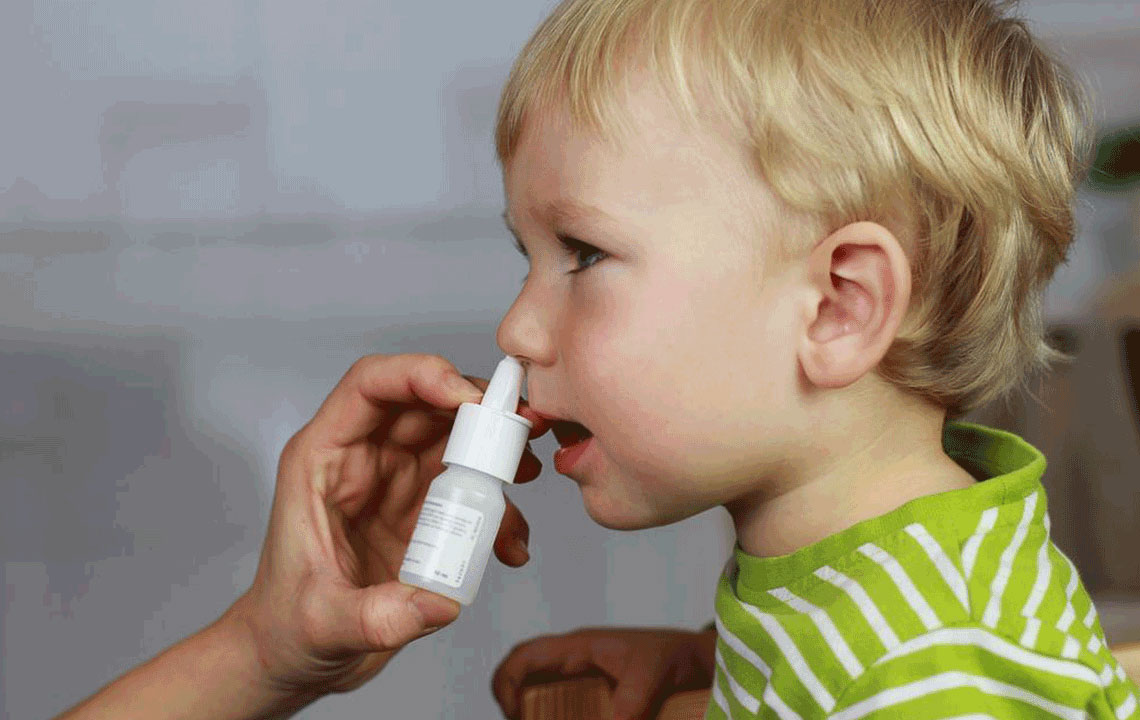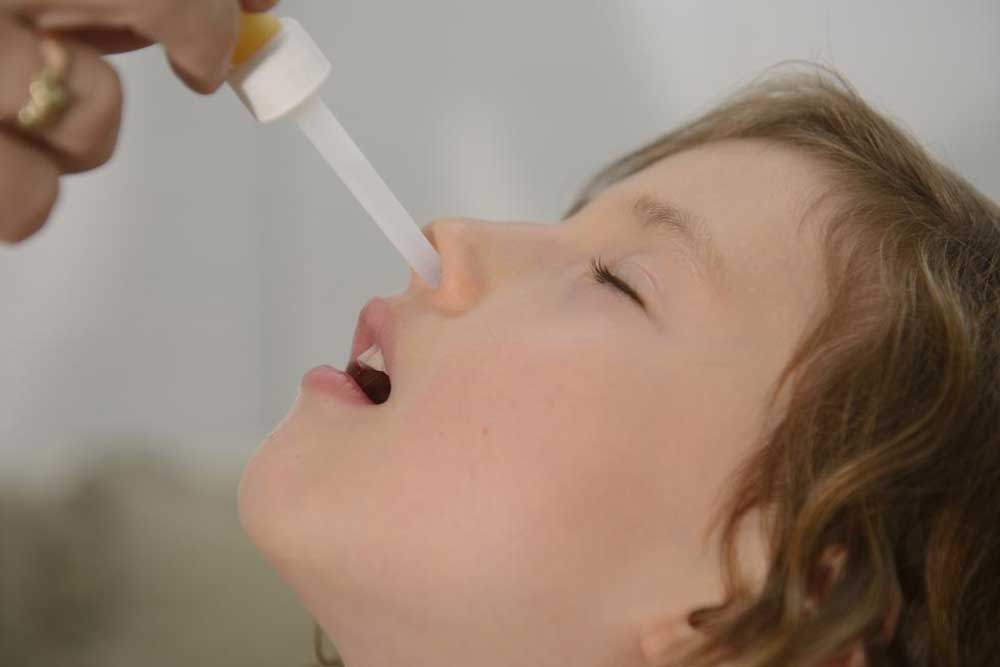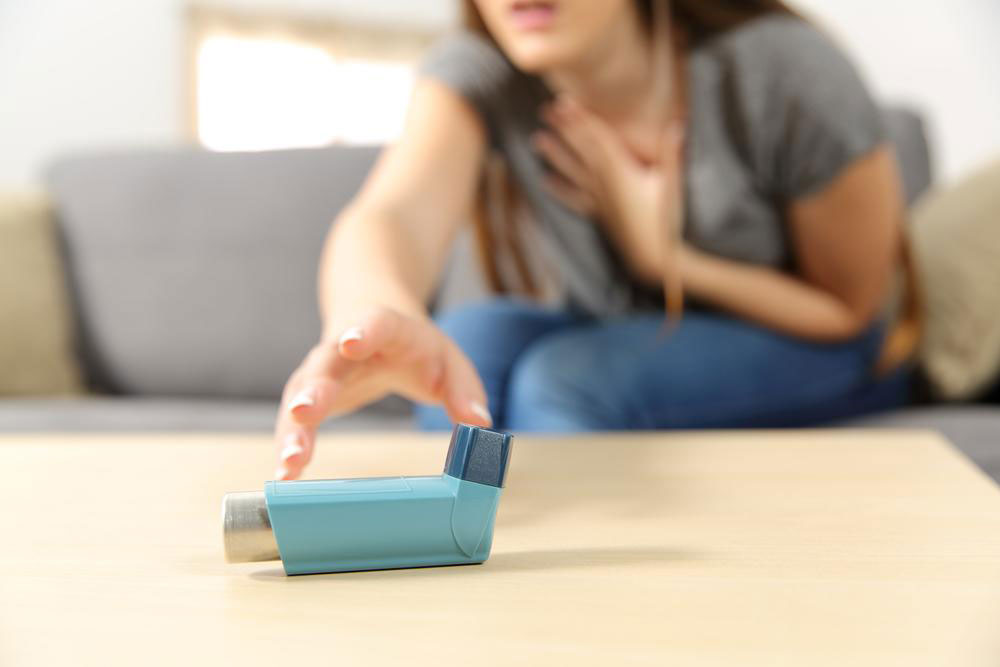Effective Strategies to Relieve Nasal Congestion Quickly During Cold Seasons
Nasal congestion from colds can disrupt daily life, but effective remedies like humidifiers, warm showers, proper hydration, nasal irrigation, and medications can provide rapid relief. This comprehensive guide offers reliable methods to reduce nasal blockage quickly, helping you breathe easier and feel better during cold seasons. If symptoms persist, consult a healthcare professional for proper diagnosis and treatment.

Proven Methods for Fast Relief from Cold-Related Nasal Blockage
Nasal congestion during cold seasons can be an uncomfortable and draining experience, often impairing your ability to breathe smoothly and perform daily activities effortlessly. Fortunately, there are numerous practical and accessible solutions that can significantly alleviate nasal blockage caused by cold viruses or allergies. Implementing effective remedies can help you breathe easier, reduce discomfort, and get back to your normal routine more swiftly. This comprehensive guide explores the most reliable techniques to reduce nasal congestion rapidly, ensuring you find relief when you need it most.
Harness the Power of Humidifiers: Using a humidifier is one of the most effective ways to add moisture into the air, which can help soothe irritated nasal passages and reduce sinus pressure. By increasing room humidity, humidifiers help loosen nasal congestion and make breathing more comfortable. Especially during dry winter months or in heated indoor environments, humidifiers maintain optimal moisture levels, preventing the mucous membranes from drying out and becoming inflamed. This simple device creates a moist environment that relaxes blood vessels in the nasal area, easing congestion and promoting better airflow.
Humidifiers work by turning water into vapor, which is then dispersed into the air, increasing overall humidity levels. Breathing in this moist air can calm inflamed tissues and blood vessels inside the nose, leading to quick relief from nasal blockage. This method is especially beneficial at night, helping improve sleep quality disrupted by nasal congestion.
Enjoy a Warm Shower: Taking a warm shower is a simple yet highly effective way to alleviate nasal congestion. The steam generated during a hot shower helps loosen thick mucus trapped in the nasal passages, facilitating easier removal. The steam also reduces inflammation within the sinuses, providing rapid relief. This remedy is safe and suitable for both adults and children. To maximize the benefits, stay in the steamy environment for a few minutes, breathing deeply to let the warm vapor work its magic.
Stay Well-Hydrated: Proper hydration is crucial during colds to keep mucus thin and manageable. Drinking plenty of fluids such as water, herbal teas, broths, or fruit juices helps expel mucus more efficiently from the nasal passages, reducing congestion. Dehydration can cause mucus to thicken, worsening nasal blockage, so maintaining fluid intake is vital for effective symptom relief and recovery.
Flush Sinuses Safely: Nasal irrigation using a neti pot or saline spray can be highly effective in clearing nasal passages. To perform sinus flushing, fill a sterile neti pot with warm, sterile water and tilt your head over a sink. Gently insert the spout into one nostril, allowing the water to flow through and wash out mucus, allergens, and irritants. This technique helps reduce inflammation, open up nasal passages, and promote easier breathing. Make sure to use sterile, properly prepared saline solutions for safe and effective sinus cleaning.
Use Medications Responsibly: Over-the-counter decongestants and antihistamines can provide quick relief from persistent nasal congestion. Nasal sprays, pills, or drops designed to shrink swollen blood vessels help decrease swelling in the nasal tissues Tto improve airflow. However, it's essential to follow dosage instructions carefully to prevent side effects like rebound congestion or increased heart rate. If symptoms last longer than a week or worsen, consulting a healthcare professional is recommended for proper diagnosis and tailored treatment options.
If your nasal congestion persists beyond a week despite trying these remedies, or if you experience additional symptoms such as high fever, severe headache, or facial pain, seek medical advice promptly. A healthcare professional can determine whether there's an underlying condition that requires targeted treatment and can recommend appropriate interventions for lasting relief and health recovery.





